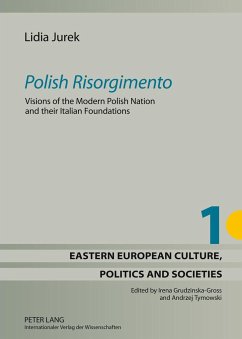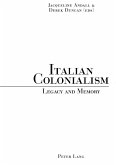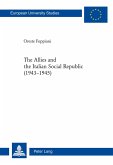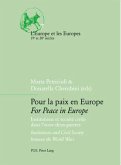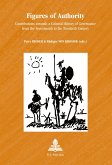«The book offers an opportunity to look at the genesis of national identity as it was constructed in a specific stateless and multicultural context through cultural transfer and the impact of the contemporary media. It explores Polish reactions to the Italian Risorgimento which at the time represented the quintessential struggle for national freedom and offered hope for other oppressed nationalities. The Polish intellectuals were inflamed by the Italian movement, mostly as supporters, but also as its fierce opponents. They took on the Risorgimento's political and civilizational dilemmas, adjusting them to suit their own agendas. By vividly discussing Italy's political prospects they were filling in the half-empty vessel of Polish national identity. As the result of this dialogue, they placed Poland firmly within Western civilization, determined which factors legitimized their nation and defined its religious outlook. The book allows us to discern the external foundations of such empowering national images as the 'revolutionary Pole' and the 'Pole Catholic.'» Marta Petrusewicz, City University of New York, Università della Calabria.
«Overall, this is a tremendously ambitious book which, through its carefully constructed and novel argumentation, succeeds in bringing new life to a fascinating field. It will prove to be of great interest not only to students of Polish-Italian relations but to all those with a broader interest in the Polish national movement in general.»
(Francis Ipgrave, Zeitschrift für Ostmitteleuropa-Forschung, 64/2015)
(Francis Ipgrave, Zeitschrift für Ostmitteleuropa-Forschung, 64/2015)

